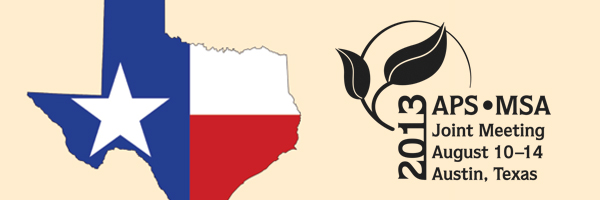APS Homepage
Back

Poster Session: Phylloplane and Rhizosphere Ecology
© 2013 by The American
Phytopathological Society. All rights reserved.
517-P
An update on the biology of the pecan truffle (Tuber lyonii) in the southeastern USA.
M. E. SMITH (1), G. Bonito (2), J. Sharma (3), T. B. Brenneman (4), R. Healy (5)
(1) University of Florida, Gainesville, FL, U.S.A.; (2) Duke University, Durham, NC, U.S.A.; (3) Texas Tech University, Lubbock, TX, U.S.A.; (4) University of Georgia, Tifton, GA, U.S.A.; (5) University of Minnesota, St. Paul, MN, U.S.A.
Truffles are traditional European foods but interest and enthusiasm for truffles has grown throughout the world. In the Western USA, truffle connoisseurs have turned to local truffles. In the Southeastern USA there is an abundant and delicious local species, Tuber lyonii. This truffle is a spiney-spored member of the rufum lineage referred to as the Pecan Truffle. It is collected in commercial orchards with pecans (Carya illinoinensis, Juglandaceae) but it has not been widely commercialized. The Pecan Truffle shows great promise as a local crop in the Southeastern USA and we have begun studying the biology of Tuber lyonii to explore how it might be cultivated with pecans. Here we provide an overview of our recent research on Tuber lyonii and clarify what is known about its distribution, fruiting phenology, and host associations. Preliminary phylogenetic analyses based on ITS rDNA indicate that Tuber lyonii is a species complex across its range in Eastern North America. Our recent studies using trained truffle dogs and 454 sequencing directly from ectomycorrhizal roots of pecans suggest that Tuber lyonii is widespread within many pecan orchards in the Southeastern USA. Preliminary results suggest that orchard management (particularly pH and weed control) may have a strong impact on the distribution and production of Tuber lyonii with pecans.